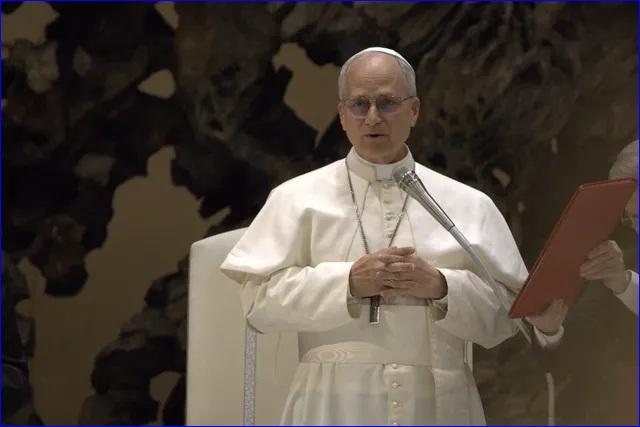


On Wednesday, May 14, in one of the first major speeches of his papacy, the newly elected pope issued a forceful call to preserve the traditions of Eastern Catholic Churches. He warned against their gradual erasure--not only in their homelands, but also in the West, where many Eastern Catholics have been displaced by war or have emigrated in search of better living conditions.
"Over generations, the priceless heritage of the Eastern Churches is being lost," Leo XIV said during an audience in the Paul VI Hall at the Vatican.
Eastern Catholics belong to churches that are in full communion with Rome but maintain their own liturgical rites, theological traditions, and disciplinary practices distinct from the Latin rite. These include the Chaldean Catholics (primarily in Iraq), Syriac Catholics, and Maronites (predominantly in Lebanon), among others.
'Stripped of his office'
Speaking before an assembly of Eastern patriarchs and bishops gathered in Rome for the Jubilee of the Eastern Churches, the pope cited several of his predecessors--starting with the namesake he chose for himself. In 1894, Leo XIII published Orientalium dignitas ("The Dignity of the Eastern Churches"), which the new pope described as a groundbreaking document.
"One hundred thirty years ago, Leo XIII reminded the church that the unique traditions of the Eastern churches are not secondary ornaments but an essential part of the deposit of faith," Pope Leo said, quoting the stern instruction from Orientalium dignitas that any Latin-rite missionary who attempted to draw an Eastern Catholic into the Latin rite would be "stripped of his office."
Canon lawyer Patrick Valdrini explained that Leo XIII's letter marked a shift away from the once-prevalent belief in praestantia ritus latini--the superiority of the Latin rite--and began sanctioning forms of proselytism that had previously been tolerated. That principle, Valdrini noted, remains in force today and has even been reinforced by Vatican II documents. "If an act of proselytism were confirmed today, a bishop would have the tools to address and even penalize it," he said.
On Wednesday, Leo XIV emphasized the need for prevention, urging greater awareness among Latin-rite clergy--especially in areas with large diasporas--and calling for the creation of Eastern Church jurisdictions "whenever possible and appropriate."
On this sensitive point, the pope also directed the Vatican's Dicastery for the Eastern Churches--where he has temporarily reappointed Italian Cardinal Claudio Gugerotti--to help him "define principles, norms, and guidelines" so Latin-rite pastors can effectively support Eastern Catholics in the diaspora and help them safeguard their traditions in the face of what he once again called out as a threat from modern culture.
"The consumerist and utilitarian spirit that often permeates our Western culture risks eroding this treasure," Leo XIV warned.
'The demanding path of dialogue'
Privately, several Eastern Church leaders told the pope ahead of the audience that they had sometimes felt "somewhat forgotten, even marginalized" by the Roman Curia, La Croix has learned.
The pope also condemned the wars that have driven many Eastern Christians from their homelands: "I think of Ukraine, the Holy Land, Lebanon, Syria, the Caucasus, Ethiopia, and so many other places marked by violence. These Churches are martyr Churches," he said.
"War is never inevitable," he continued, urging the world to "silence the weapons" and "choose the demanding path of dialogue."
Leo XIV stressed the need to "maintain an ecclesial awareness of communion" among the various Catholic traditions. "The renewal of the church will not come through homogenization, but through fidelity lived out in a plurality of forms," he said--again drawing from Leo XIII, who urged Eastern churches to "remain firmly attached to their legitimate traditions while cultivating unity with Rome."
In closing, Pope Leo entrusted the Eastern churches to the intercession of St. Ephrem and the Virgin Mary. "The world needs their light. The church needs their fidelity."

or register to post a comment.